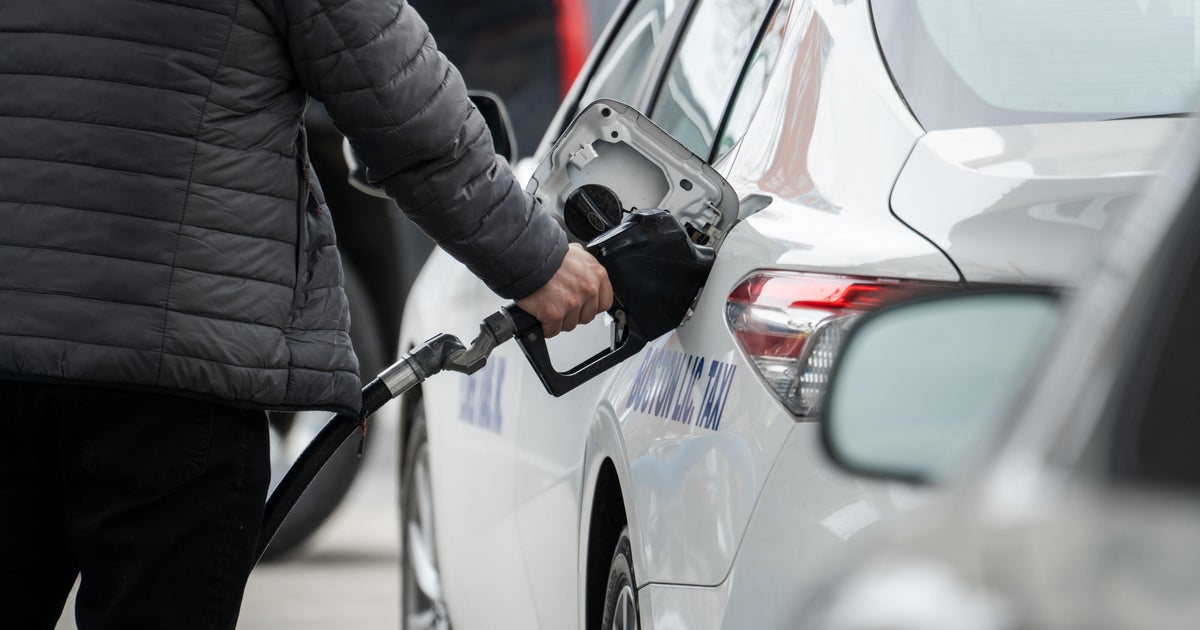Hooked on your phone? This may be why
The co-creator of the iPod and iPhone went on a tweet spree Monday, writing that tech companies have a "responsibility" to help their users manage their digital dependence.
"Apple Watches, Google Phones, Facebook, Twitter - they've gotten so good at getting us to go for another click, another dopamine hit," Tony Fadell wrote in one tweet. "They now have a responsibility & need to start helping us track & manage our digital addictions across all usages - phone, laptop, TV etc."
Fadell, who no longer works for Apple, called out the companies in response to a Wall Street Journal article that appeared last weekend, which reported that two large Apple shareholders want the tech giant to respond to teen cell phone overuse. According to the article, the investors sent a letter to Apple on Saturday.
"Apple can play a defining role in signaling to the industry that paying special attention to the health and development of the next generation is both good business and the right thing to do," the shareholders wrote in the letter, per the Wall Street Journal.
But Fadell says it's not just teens who are tech-dependent. "Adults are addicts - not only kids!" he tweeted.
Cell phone dependence is no accident. As 60 Anderson Cooper reported on 60 Minutes this spring, tech companies like Apple have developed ways to keep users young and old hooked—and with very real consequences.
"There's a whole playbook of techniques that get used to get you using the product for as long as possible," former Google product manager Tristan Harris tells Anderson Cooper in the video above.
"Inadvertently, whether they want to or not, they are shaping the thoughts and feelings and actions of people. They are programming people."
Snapchat, for example, is keeping teens obsessed by design, Harris says. Snapchat's "streaks" feature shows the number of days in a row that two people have traded photos, and the anxiety of breaking a streak is real.
"Inadvertently, whether they want to or not, [these companies] are shaping the thoughts and feelings and actions of people," Harris says. "They are programming people. There's always this narrative that technology's neutral and it's up to us to choose how we use it. This is just not true."
In an interview with 60 Minutes Overtime, Cooper said the report hit home for him.
"This is very real to me," he says in the video below. "This is something I am wrestling with as well. I'm just on this hamster wheel of running, running, running, and checking messages and all this stuff."
Cooper interviewed psychologist Larry Rosen, who says technology really does wreak havoc on anxiety levels. He and his team at California State University, Dominguez Hills have found that when people spend time away from their phones, their brains signal the adrenal gland to produce a burst of the hormone cortisol. Cortisol triggers a fight-or-flight response to danger, and while it may have made primitive man hyper-aware of his surroundings for safety, today it compels us to check our phones.
"Eventually your goal is to get rid of that anxiety, so you check in [with your phone]," Rosen tells Cooper.
Cooper and producer Guy Campanile also visited Paradigm Malibu, a treatment center for teens with emotional and substance abuse issues. The two teens at Paradigm they spoke with realized their phone use had become a problem. One estimated that, before treatment, she had been using her phone six to seven hours a day.
"The early science suggests that heavy users of technology, of smartphones, for example, become very anxious when they're not using the technology," Campanile says in the video above. "Teenagers already are the most anxious people you're ever going to meet, so when you toss into that mix a device that, when they're not using, makes them anxious, it just ratchets everything up three or four levels."



